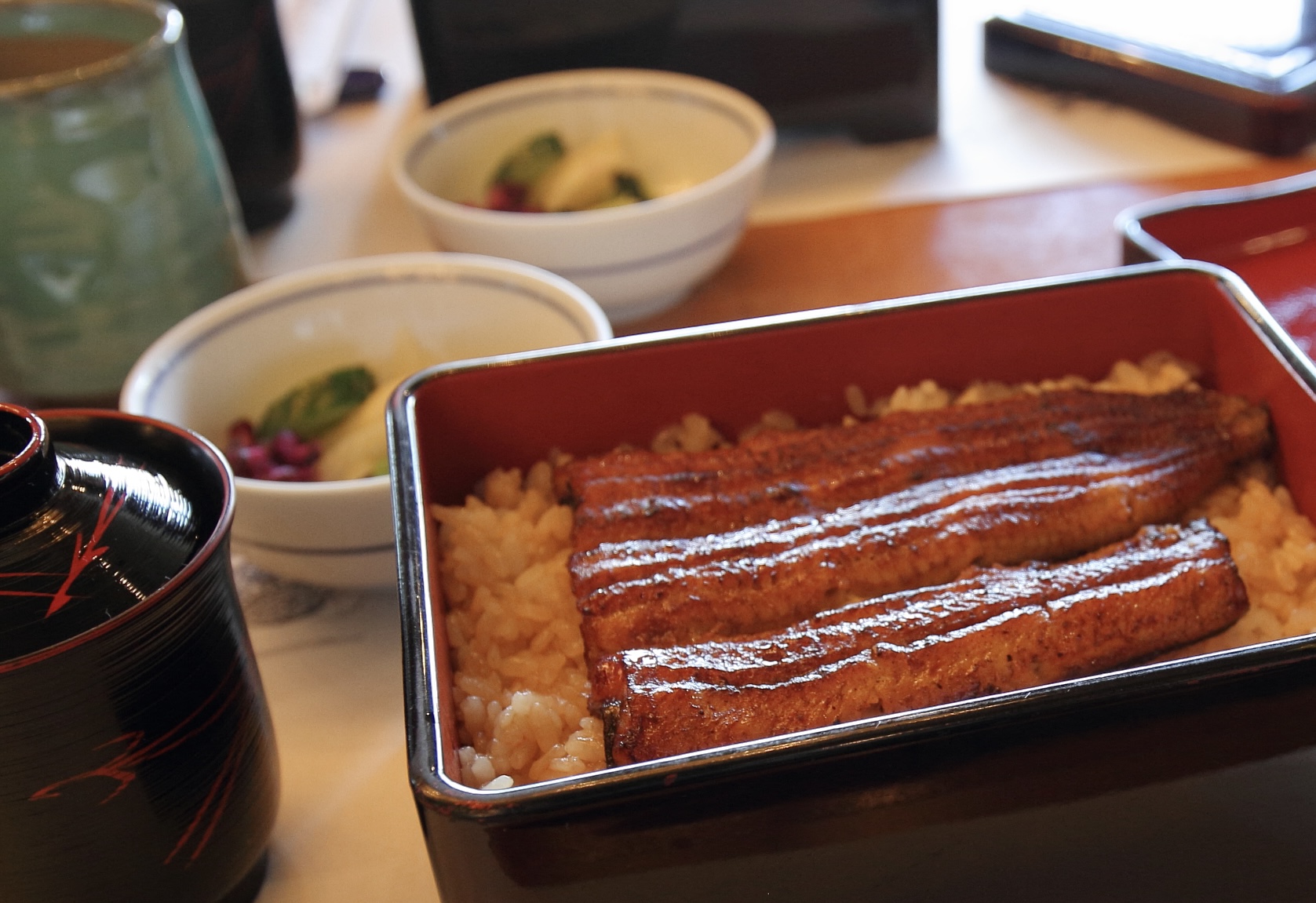For many people, the holidays mean crunchy, golden, deep-fried-delicious foods. Hanukkah is the festival of lights, but real ones know its really just as much about celebrating the oil that kept the lamps lit. That’s why we make latkes and sufganiyot (jelly donuts) every year.
But folks who celebrate Christmas don’t miss out on the frying fun—they deep fry all types of seafood for feasts of the seven fishes, and the holiday can also basically serve as an international do-over for anyone who messed up frying their turkeys over Thanksgiving.
But after your food is fried, you’re going to have one big question: What do I do with all this hot oil?
You can always strain and reuse fry oil until it spoils or takes on a smell or taste from an ingredient (I’m looking at you, fish). But even then, you’re eventually going to be left with a hefty amount in your pot or pan.
I hope I’m not the first to tell you this, but you cannot dump it down your sink. The oil can solidify and clog your pipes, or worse, get into the sewage system and contribute to the formation of a fatberg, a huge fat deposit that mixes with “flushable” wipes (among other things) and that often needs to be broken up manually by sanitation workers. Please don’t make them do this.
So! The alternative for the longest time was to wait for the oil to cool, then very carefully transfer it to a plastic bag or other container, then discard it in the trash. But that can be messy. Enter one of my favorite new products I’ve added to my pantry: an oil solidifier. They come in various packets and jars and resemble little bits of wax.
The chemical makeup is very rarely disclosed on the packaging, other than saying it's nontoxic. The science behind the oil hardening compounds can vary: some work similar to flour or cornstarch in absorbing the oil, and others are basically high melting point oils that you dissolve into hot oil, then let set (much like coconut oil).
Either way, to use these solidifiers, add a couple scoops to your oil once it's fully ready to be discarded, but while it's still hot. Let it set for 30 minutes to an hour, and you’ll be left with a puck you can simply throw away. This has really saved me a ton of aggravation and clean up whenever I fry.
One final note: Cooking oil, solidified or not, is really not super compostable. Most sources say you can compost small amounts (less than 1 cup), but otherwise you can just discard in the trash.
Have more holiday entertaining questions? Ask away on our Hotline page or drop us a line at 1 (877)-52-HOTLINE












 English (US) ·
English (US) ·